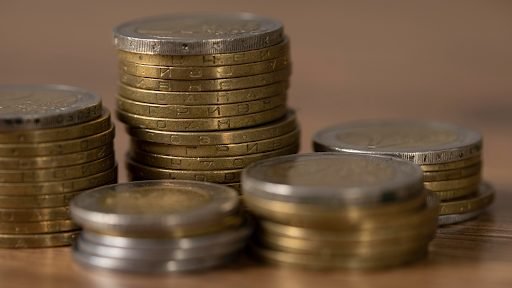
Natural disasters bring unconfirmed conditions. Hurricanes, snowstorms, thermal waves, and forest fires can be disrupted, making it difficult to reach basic necessities. Above everything, a natural disaster can affect your money.
Here is a detailed guide explaining the importance of financial readiness and how you can protect your money during a natural disaster:
The importance of financial readiness
When a natural disaster strikes, families face many expenses. This includes:
- Evacuation costs (food, housing and fuel)
- Temporary shelter
- Reconstruction and repair (broken roof or shattered windows)
Insufficient preparation can drop in hot water. It can add immediate costs of evacuation and other emergency situations quickly, making recovery very difficult.
Tips to protect your money
Now that you know the importance of financial readiness, let’s disintegrate how you can remain financially safe during a natural disaster.
Building an emergency fund
This is very clear. The presence of an emergency box helps you manage expenses that may occur during and after the disaster. Experts recommend saving at least 3-6 months of expenses. You can comfortably support your family against unexpected situations.
Importing important documents
Financial accreditation data, insurance documents, and medical information can occur. In the midst of the chaos of a natural catastrophe, the presence of your important documents next to your side can be useful. The best thing you can do is to ensure digital access to your financial information. Use strong passwords to ensure full safety.
Keep money on hand
With the prohibition of roads and transportation, ATMs and banks cannot be accessed. Get money on hand to avoid panic at the last minute. Small bills like $ 5, $ 10 and $ 20 are especially important.
Beware of tricks
Unfortunately, fraud and exit from skiing activities are common during a natural disaster. Avoid conducting online transactions and continue to monitor your bank account.
After a natural disaster, fraudsters create false home repair services and request payments offered. Always beware and consult your home insurance lender or mortgage lender before investing in home repair.
Financial readiness tips can vary depending on the natural disaster you face. Always search comprehensive and rely on reliable sources for advice. For example, you can read Western Hurricane Hurricane Directory To protect your money and stay safe.
Restore financial control after a normal disaster
Once you have a natural disaster, it is time to regain control of your money. This is what you can do:
Document damage
Take pictures and videos of damaged property. Maintain all expenses receipts. This will help you make claims with lenders and insurance providers.
Consider help programs
Many help programs, such as Federal Emergency Management Agency (Fema) and the Red Cross, as well as government or other local relief programs, help cover basic expenses. Apply as soon as possible.
See your spending
Review your financial position and take measures to adapt to post -disaster mode. Experts recommend that you take additional jobs to cover expenses. Avoid borrowing a lot on your credit cards, as it can lead to long -term debts.





